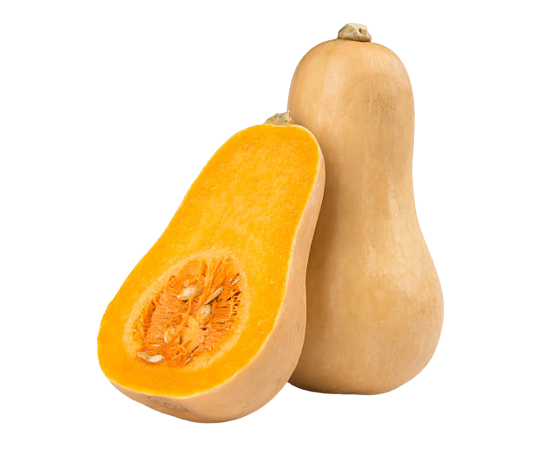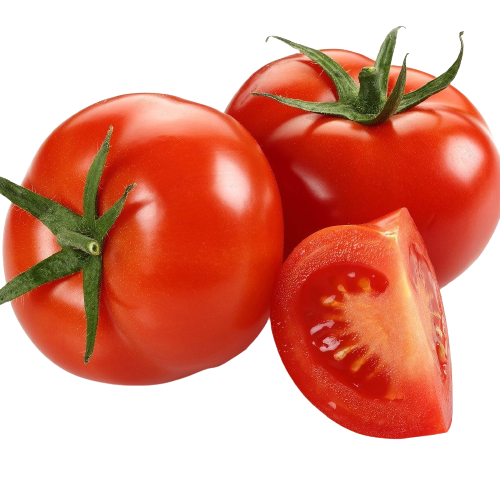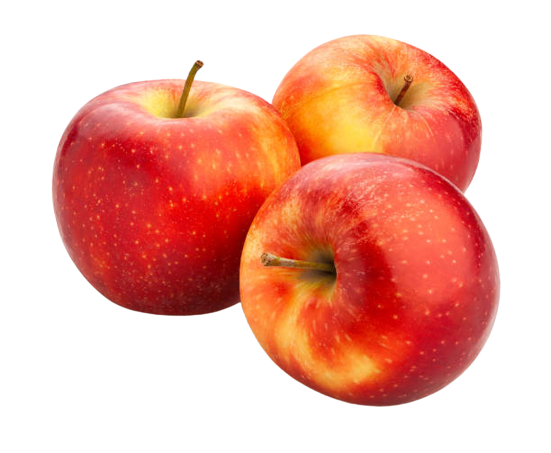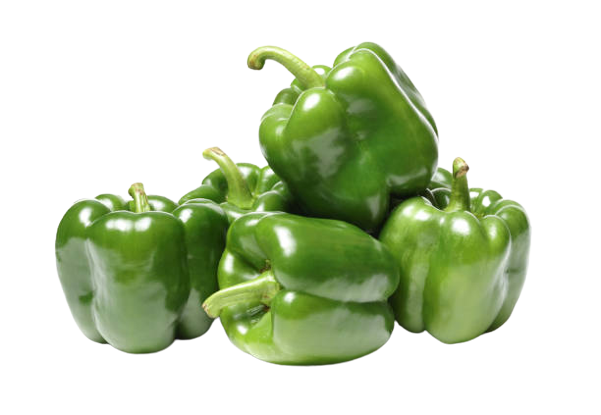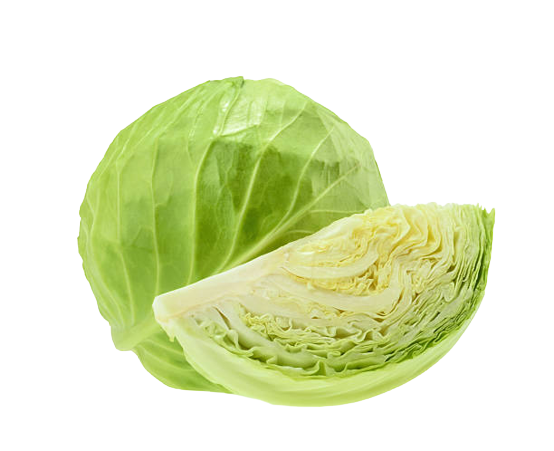Butternut
Call | WhatsApp | Email to place your Order
- 083 786 6588
- 083 786 8566
- info@enyameni.co.za
Description
Butternut
Though commonly considered a vegetable, butternut squash is technically a fruit.
It has many culinary uses and adds greatly to many sweet and savory recipes.
Butternut squash is tasty and packs a punch of vitamins, minerals, fiber, and antioxidants.
This article tells you everything you need to know about butternut squash, including its nutrition, health benefits, and how to add it to your diet.
Though you can eat butternut squash raw, this winter squash is commonly roasted or baked.
One cup (205 grams) of cooked butternut squash provides (1Trusted Source):
- Calories: 82
- Carbs: 22 grams
- Protein: 2 grams
- Fiber: 7 grams
- Vitamin A: 457% of the Reference Daily Intake (RDI)
- Vitamin C: 52% of the RDI
- Vitamin E: 13% of the RDI
- Thiamine (B1): 10% of the RDI
- Niacin (B3): 10% of the RDI
- Pyridoxine (B6): 13% of the RDI
- Folate (B9): 10% of the RDI
- Magnesium: 15% of the RDI
- Potassium: 17% of the RDI
- Manganese: 18% of the RDI
As you can see, butternut squash is low in calories but loaded with important nutrients.
Aside from the vitamins and minerals listed above, it’s also a good source of calcium, iron, phosphorus, and copper.
SUMMARYButternut squash is low in calories but high in many nutrients, including vitamin A, vitamin C, magnesium, and potassium.
Butternut squash is an excellent source of many vitamins and minerals.
A one-cup (205-gram) serving of cooked butternut squash provides more than 450% of the RDI for vitamin A and over 50% of the RDI for vitamin C (1 Trusted Source).
It’s also rich in carotenoids — including beta-carotene, beta-cryptoxanthin, and alpha-carotene — which are plant pigments that give butternut squash its bright color.
These compounds are provitamin A carotenoids, meaning your body converts them into retinal and retinoic acid — the active forms of vitamin A (2Trusted Source).
Vitamin A is essential for regulating cell growth, eye health, bone health, and immune function (3Trusted Source).
Additionally, it’s vital for fetal growth and development, making it an important vitamin for mothers-to-be.
Butternut squash is also rich in vitamin C — a water-soluble nutrient needed for immune function, collagen synthesis, wound healing, and tissue repair (4Trusted Source).
Both vitamins A and C work as potent antioxidants in your body, protecting your cells from damage caused by unstable molecules called free radicals.
Vitamin E is another antioxidant in butternut squash that helps protect against free radical damage and may reduce your risk of age-related conditions, such as Alzheimer’s disease (5Trusted Source).
This winter squash is also packed with B vitamins — including folate and B6 — which your body needs for energy and red blood cell formation.
What’s more, it’s high in magnesium, potassium, and manganese — all of which play important roles in bone health (6Trusted Source).
For example, manganese acts as a co-factor in bone mineralization, the process of building bone tissue (7Trusted Source).
SUMMARYButternut squash is an excellent source of provitamin A carotenoids, vitamin C, B vitamins, potassium, magnesium, and manganese.
Butternut squash is an abundant source of powerful antioxidants, including vitamin C, vitamin E, and beta-carotene.
Antioxidants help prevent or slow cellular damage and reduce inflammation, which may reduce your risk of several chronic diseases.
Cancer
Research has shown that diets high in certain antioxidants found in butternut squash — such as carotenoid antioxidants and vitamin C — can reduce your risk of certain cancers.
For example, studies have demonstrated that a higher dietary intake of beta-carotene and vitamin C may reduce lung cancer risk.
A review of 18 studies found that people with the highest beta-carotene intake had a 24% lower risk of lung cancer compared to those with the lowest intake (8Trusted Source).
Another review of 21 studies found that lung cancer risk decreased by 7% for every additional 100 mg of vitamin C per day (9 Trusted Source).
What’s more, a review of 13 studies indicated that higher blood levels of beta-carotene were related to a significantly lower risk of all-cause mortality, including death from cancer (10Trusted Source).
Heart Disease
Eating produce has long been associated with a lower risk of heart disease (11Trusted Source).
However, yellow and orange vegetables and fruits — including butternut squash — are particularly effective at protecting against heart disease.
The antioxidants found in these brightly colored vegetables have a powerful impact on heart health.
A study of 2,445 people demonstrated that heart disease risk fell 23% for every additional daily serving of yellow-orange vegetables (12Trusted Source).
It’s thought that the carotenoids found in these vegetables protect heart health by lowering blood pressure, reducing inflammation, and controlling the expression of specific genes related to heart disease (13Trusted Source).
Mental Decline
Certain dietary practices, such as eating more antioxidant-rich foods, may protect against mental decline.
A 13-year study of 2,983 people associated a carotenoid-rich dietary pattern with enhanced memory recall, visual attention, and verbal fluency during aging (14 Trusted Source).
What’s more, a higher dietary intake of vitamin E may have a protective effect against Alzheimer’s disease.
An 8-year study in 140 older adults found that those with the highest blood levels of vitamin E had a lower risk of Alzheimer’s disease compared to those with the lowest levels of this vitamin (15Trusted Source).
SUMMARYThe high antioxidant content of butternut squash may reduce your risk of certain conditions, including heart disease, lung cancer, and mental decline.
One cup (205 grams) of cooked butternut squash has only 83 calories and provides 7 grams of filling fiber — making it an excellent choice if you want to lose excess weight and body fat.
It contains both insoluble and soluble fiber. In particular, soluble fiber has been associated with fat loss and has been shown to reduce appetite, which is important when you’re trying to control your calorie intake (16Trusted Source).
Many studies have found that a higher dietary fiber intake promotes weight loss and reduces body fat.
A study of 4,667 children and teens showed that obesity risk decreased by 21% in those with the highest fiber intake compared to those who consumed the least fiber (17 Trusted Source).
Additionally, a study of 252 women demonstrated that for every one-gram increase in total dietary fiber, weight decreased by 0.55 pounds (0.25 kg), and fat decreased by 0.25 of a percentage point (18Trusted Source).
Plus, high-fiber diets may help keep weight off over time. An 18-month study in women found that those with the highest intake of fiber lost more weight than those with the lowest intake — showing that fiber is important for long-term weight loss (19Trusted Source).
Adding butternut squash to your meals is an excellent way of decreasing hunger and boosting your fiber intake.
SUMMARYButternut squash is low in calories and packed with fiber — making it a great choice for any healthy weight loss plan.
Adding butternut squash to your diet is an excellent way of improving your overall health.
It’s a versatile ingredient that pairs well with a wide array of flavors — from sweet to spicy.
Here are a few ideas for incorporating butternut squash into both sweet and savory dishes:
- Cut butternut squash into cubes and roast with olive oil, salt, and pepper for a quick, tasty side dish.
- Swap potatoes with butternut squash when making homemade fries.
- Top salads with roasted butternut squash for a boost of fiber.
- Add pureed butternut squash to baked goods, such as bread and muffins.
- Use butternut squash puree and coconut milk to make a creamy, dairy-free soup.
- Toss chunks of butternut squash into hearty stews.
- Make a vegetarian chili by combining beans, spices, tomato sauce, and butternut squash.
- Stuff-cooked butternut squash halves with your favorite mixture of grains, veggies, and cheese for a vegetarian dinner.
- Add cooked butternut squash to pasta dishes or use it pureed as a pasta sauce.
- Mash cooked butternut squash with salt, milk, and cinnamon for a creamy side dish.
- Eat roasted butternut squash alongside eggs for a hearty breakfast.
- Use pureed butternut squash in place of pumpkin when making pies or tarts.
- Add caramelized butternut squash to quiches and frittatas.
- Use butternut squash in place of potato in curries.
- Shave thin slices of raw butternut squash onto salads for a unique taste and texture.
- Experiment in your kitchen by trying out butternut squash in place of other starchy vegetables, such as potato, pumpkin, or sweet potato.
SUMMARYButternut squash can be added to a wide variety of both sweet and savory recipes, such as stews and pies.
Butternut squash is rich in important vitamins, minerals, and disease-fighting antioxidants.
This low-calorie, fiber-rich winter squash may help you lose weight and protect against conditions like cancer, heart disease, and mental decline.
Plus, it’s versatile and easily added to both sweet and savory dishes.
Incorporating butternut squash into a balanced diet is an easy and delicious way to boost your health.

